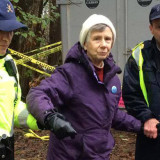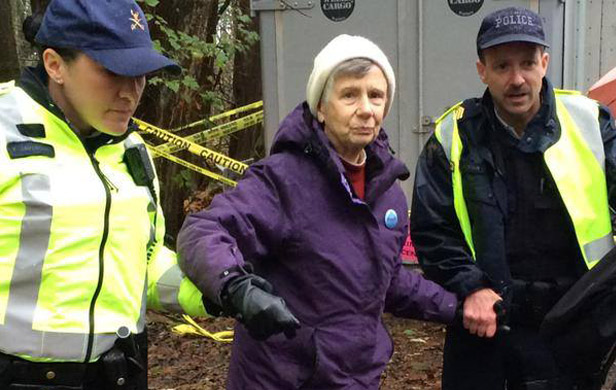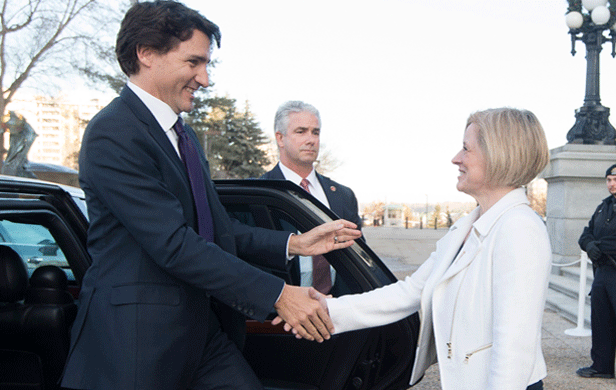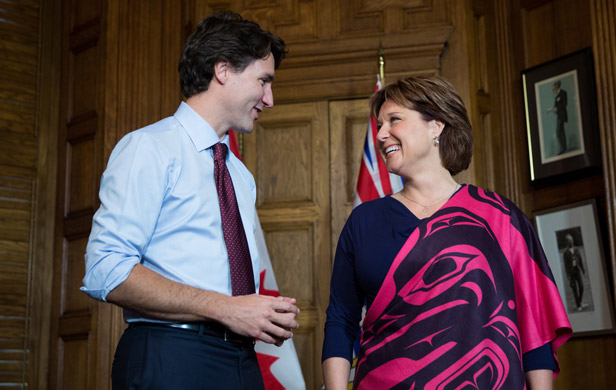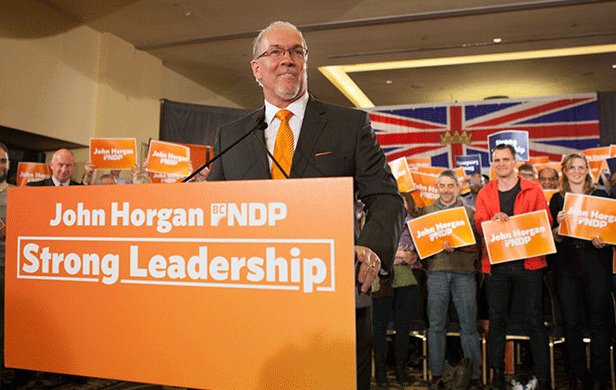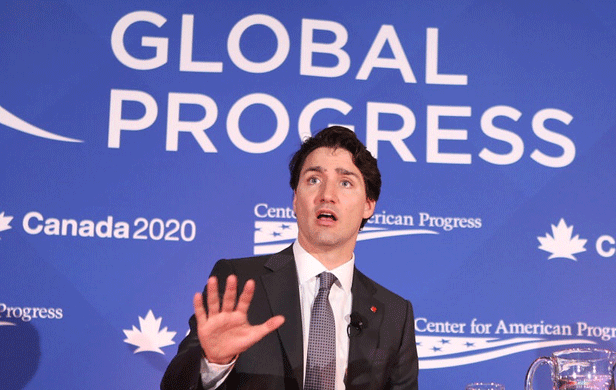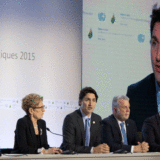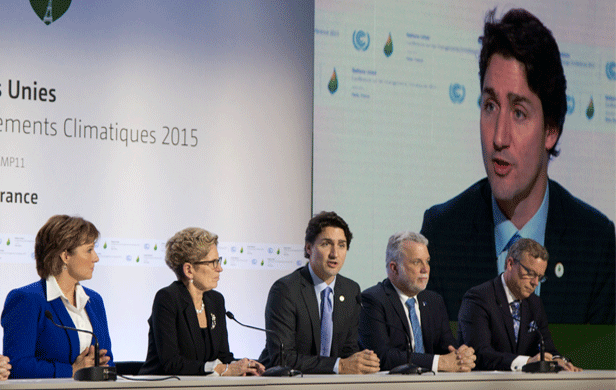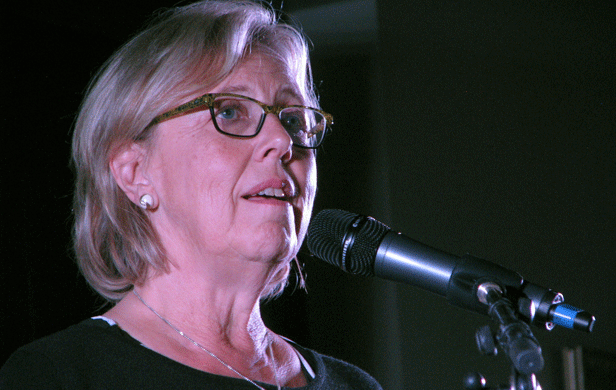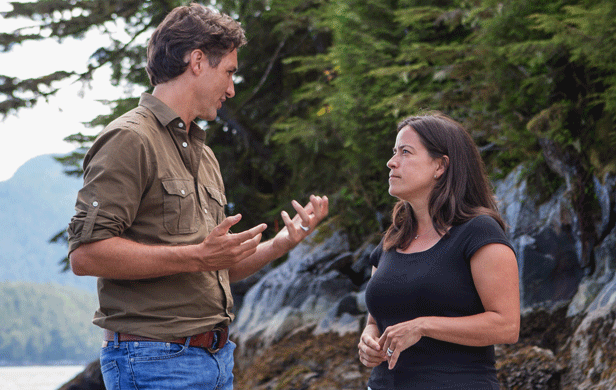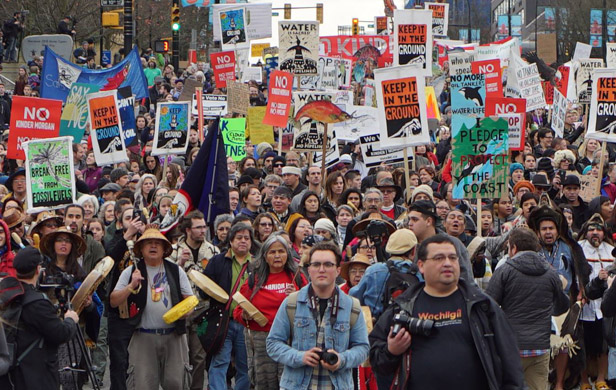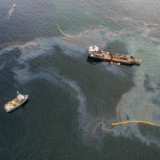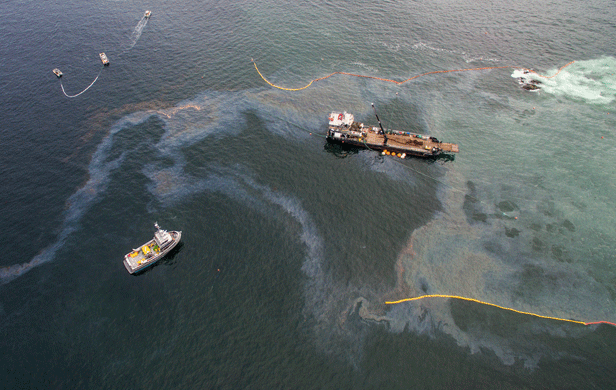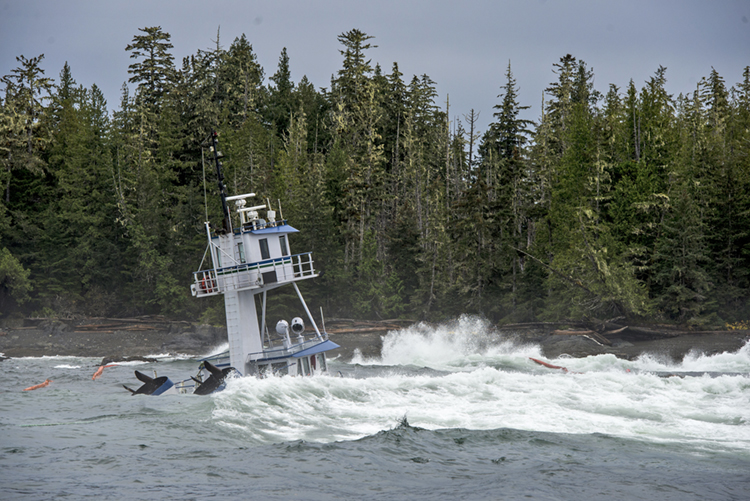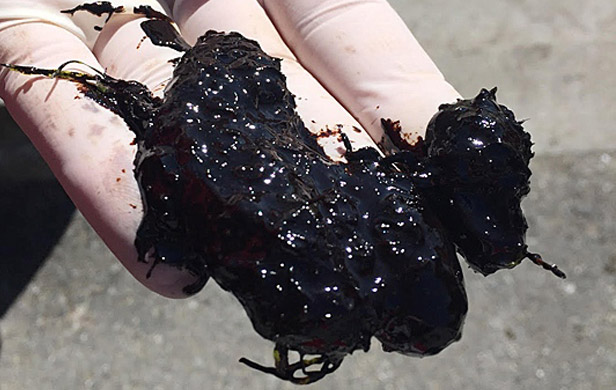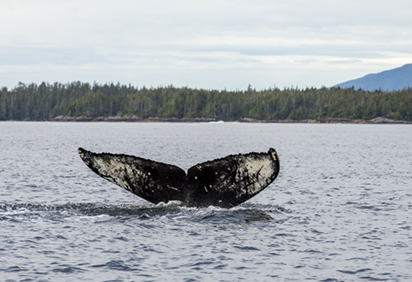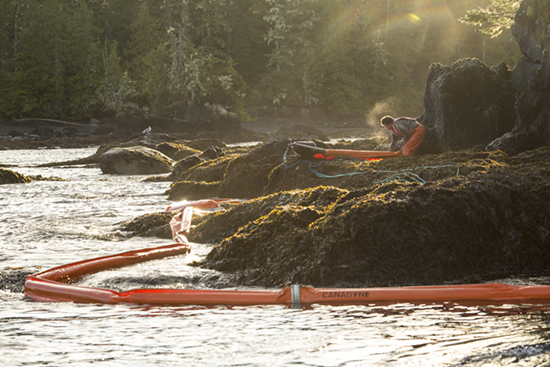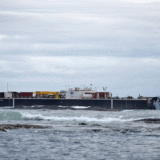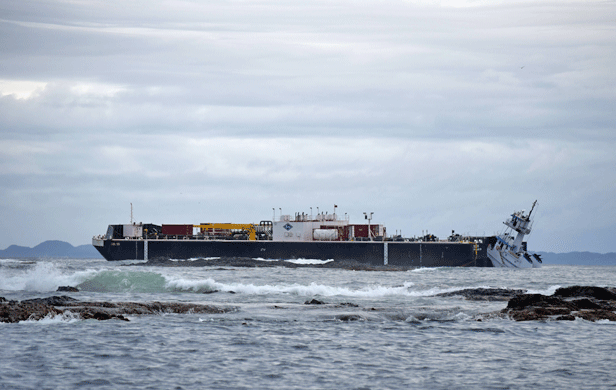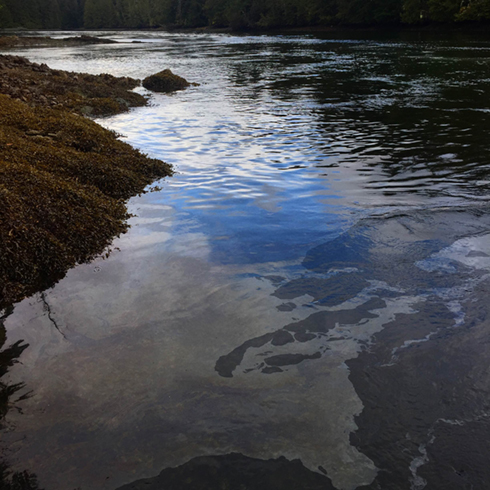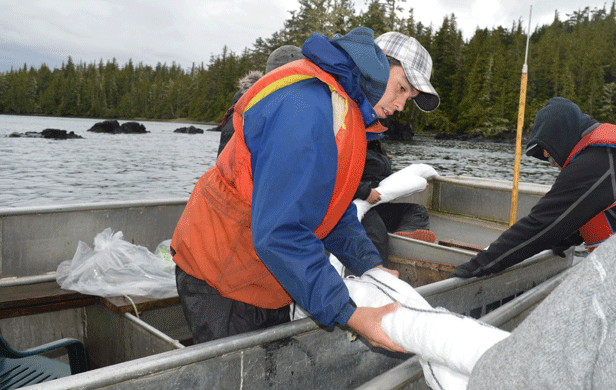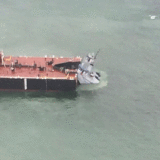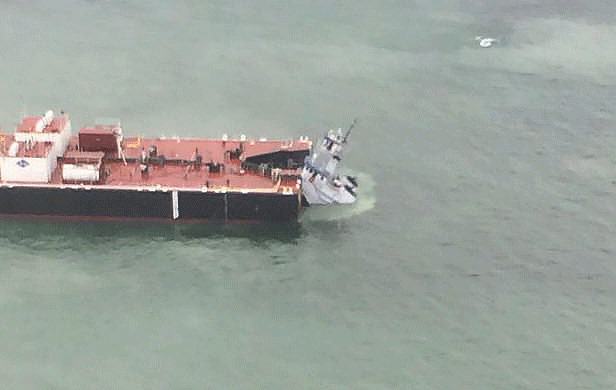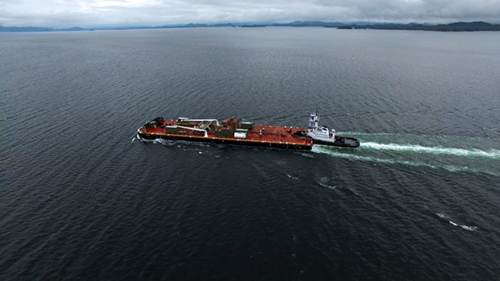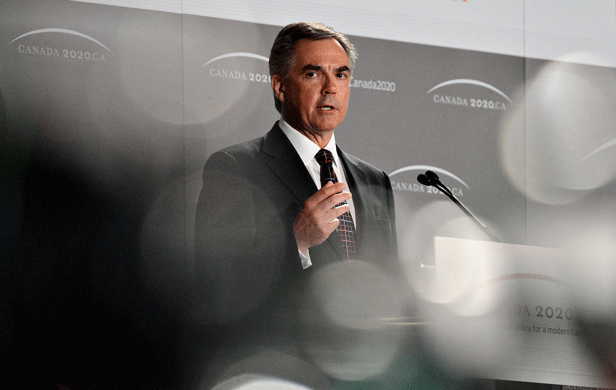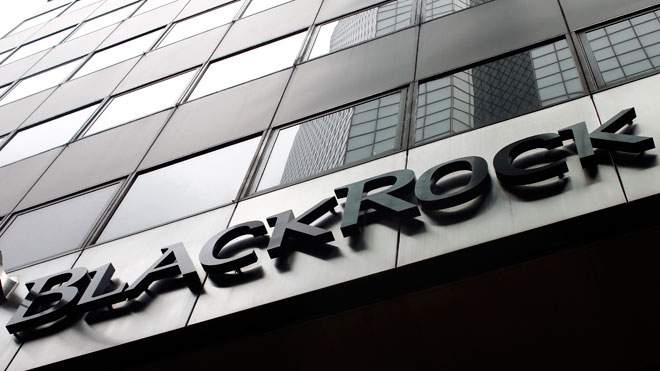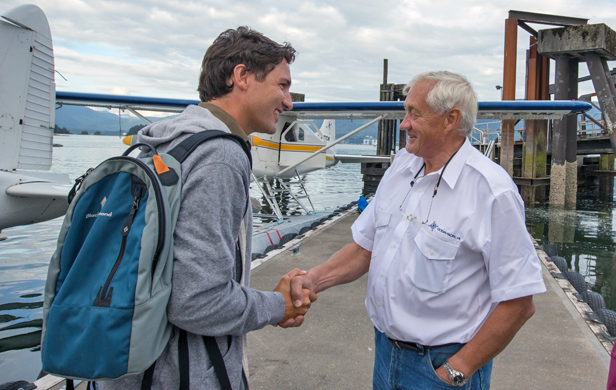
Dear Prime Minister Trudeau,
Allow me to introduce myself. I am a lifelong, pretty old British Columbian who loves his province with the same passion I’m sure people in Trois Rivières love theirs. Your inferential calling BC’s patriotism into question because we will vigorously oppose your approval of the Kinder Morgan pipeline demonstrates clearly that you’re quite unable to understand this, your connections to BC notwithstanding.
There’s a sense that British Columbians think that because they’re different that “different” means “better”. That simply isn’t so. What we cherish is our distinctness (a word I use advisedly). When BC is included in the term “The West”, we bristle because we are indeed a very separate region but also because it does a great disservice to our neighbours to meld them into a fictional, however convenient, sameness as us.
Let me tell you a personal anecdote. I’m a writer who’s written 11 books and God only knows how many columns. For many years I wrote for the Financial Post and during that time, perhaps 20 years ago, I was offered a column with the Toronto Globe and Mail to be called “The View From The West”.
I protested that this would be badly received because I didn’t live in the West but on the Pacific Coast. I told Sarah Murdoch, the editor, that people in Brandon, Saskatoon, and Lethbridge would be justifiably outraged that I pretended to speak for them and their issues, as I would be if they spoke for mine.
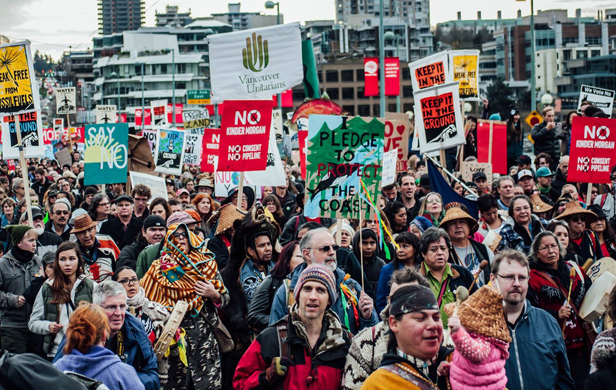
Your decision to support the Kinder Morgan pipeline and the horrific Site C Dam demonstrates that in spite of your connections to this province, you don’t come close to understanding this – or you understand it perfectly but, for strictly political reasons, choose to ignore the inconvenient truth. More on that point later.
Sir, may I suggest that you read The West Beyond The West by Dr. Jean Barman, professor emeritus, Department of Educational Studies, at your old alma mater and mine, the University of British Columbia. Dr. Barman, a Winnipegger by birth, came to British Columbia many years ago and, like so many converts, became more devout than the natives. This highly readable book is a fascinating history of how this province really came into being, which was quite unlike Ottawa’s more preferred, vague version and I can assure you it contains much that will surprise you considerably.
Let’s deal with one area that you should know about. There are close to as many First Nation tribes and discrete languages here than in the rest of the country combined. I was surprised indeed to learn from Grand Chief Ed John that while he couldn’t understand the language of the nation next door, he could understand the Navajo in New Mexico. Our ignorance of First Nations is astonishing, except how could it be different when my generation were only taught about Iroquois, Algonquin and Hurons, not Salish, Secwepemc or Musqueam. This not terribly subtle effort to “Ontario-ize” English speaking Canada has been energetically applied in BC and just as energetically resisted. It spawns resentment, not national unity.
I don’t pretend to speak for all British Columbians but I believe, based on a long and multifaceted experience – including being a BC cabinet minister responsible for constitutional affairs – that there’s a general defiance in BC towards unfair treatment of their beloved province, endemic to Ottawa from the beginning. You may well see that defiance in action.
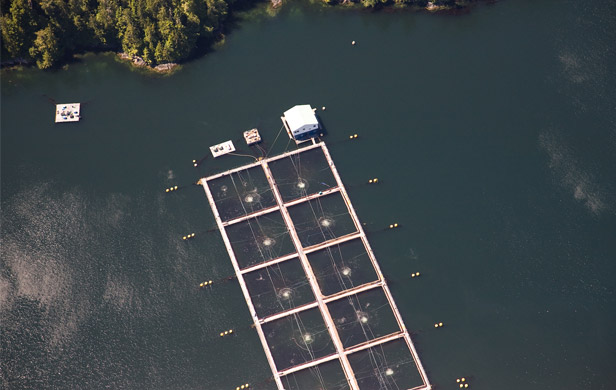
I need only point to federal fisheries policy going back to 1871, continuing to this day with Atlantic salmon farms. Science, always brushed aside by the highly politicized Department of Fisheries and Oceans, has demonstrated that fish farms containing the alien Atlantic salmon carry, multiply and spread disease to wild Pacific salmon. They also propagate sea lice that damage and often wipe out wild salmon runs. This redounds to the enormous disadvantage of First Nations who rely upon wild salmon for food and ceremony, not to mention the damage to the commercial industry and sport fishing sector.
Your government, Mr. Trudeau, persists in defying science and not only permitting Atlantic salmon farms in BC, but promoting them. The Pacific salmon is, for us British Columbians, Prime Minister, our symbol – our icon. And you want us to believe that you really give a damn about BC?
Let me put it plainly – are the Tar Sands of Alberta really more important than the renewable salmon from which so many British Columbians derive their daily bread, prosper and enjoy as sports people?
Mr. Trudeau, a question: As Canada’s prime minister and grandson of a former fisheries minister, can you (without peeking or prompting) name the seven species of Pacific salmon (8 if you count Asia) and tell us which five are commercially caught? What about your fisheries minister? How about your cabinet ministers?
The ignorance in Ottawa of the Pacific fishery – what it is, where it is and where each species spawns – goes back to 1871 and gets worse by the year. This appalling ignorance is part of Ottawa’s built-in lack of concern about the discrete character and makeup of this province and its people who love it so much.
This symbolizes, sir, the difficulties between our province and your autocratic attitude, as evidenced by the Kinder Morgan decision.
Let’s get down to cases. This is our home.
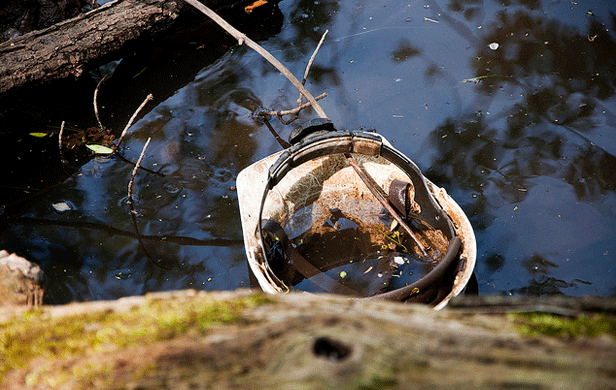
The land between the Tar Sands in Alberta and the ocean is extremely important to us, not only economically but as part of the ecology we have learned, often the hard way, that we must protect. Oil spills on land are permanent disasters because, even if they are reachable, bitumen is virtually impervious to clean-up. In the ocean, they are far worse. I urge you to spend a moment of your valuable time examining the spill in the Kalamazoo River six years ago which still hasn’t been cleaned up and never will be. In spite of the mindless blathering of our premier, there simply is no such thing as a “world class” cleanup that works on bitumen.
Like people everywhere, British Columbians had to learn environmentalism. This took time, a lot of effort, careful and often hard to accept education and a great deal of political shifting to decide that you couldn’t chop down all the trees, dam all the rivers and clog up the inlets with garbage. We discovered that the extraordinary beauty with which we, and I might add the entire country, were blessed with did not last without considerable, care, cost and sacrifice.
This is our home every bit as much as where you live is yours, Prime Minister, and we don’t intend to allow you or anybody else to damage, much less destroy it. I believe that the vast majority of British Columbians would endorse that statement and stand behind their province with every effort available to them.
This nonsense that bringing 400+ tankers laden with bitumen, plus many more with LNG, is of little or no consequence is, frankly, pure barnyard droppings. The constant statement by industry that that accidents are extremely unlikely, or if they do happen, they will be quickly cleaned up, is typical corporate bullshit from Kinder Morgan, and the people of British Columbia know it and will fight it desperately.
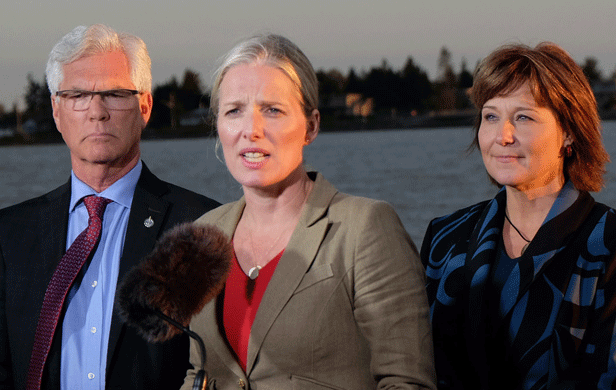
The Laws of Probabilities tell us that there will be serious accidents in Burrard Inlet, Howe Sound, Saanich Inlet, the Salish Sea and any of a number of passes, including Juan de Fuca. Moreover these explosive, poison-laden vessels won’t cease being a threat when they are outside the inner waters into the Pacific coast. You have to know what we’re dealing with here, Prime Minister – a substance which simply cannot be cleaned up.
Let me close with this. We will fight for our homes in the Peace Valley, which I’ve only touched upon, but you’ll soon know a lot more about that very grave issue. We will battle for our homes and safety on the coast. We will put up one hell of a fight.
What have you won if, through the enormous advantage you have, you beat us down? Think on that Mr. Trudeau.
Will Canada be a better place if, by force, you compel the Province of British Columbia, to facilitate the full exploitation of the Tar Sands of Alberta, the acknowledged worst polluter in the world, make the wealthy wealthier, save the political bacon of Premier Notley and give your party lots of Alberta seats?
The fossil fuel industry will be better off, as will Premier Notley, and so will you. But will Canada be better off with a badly alienated British Columbia – an alienation which will increase every time there’s a tanker collision or an oil spill?
British Columbia didn’t provoke or ask for this fight, Prime Minister – you did, and whatever defence you may mount, or noble motive you preach, the evidence will shine through that you and the Liberal Party of Canada had a substantial interest in the outcome.
That, sir, will be your everlasting legacy – not just to this province, but to the country.
Ponder that, Prime Minister.


